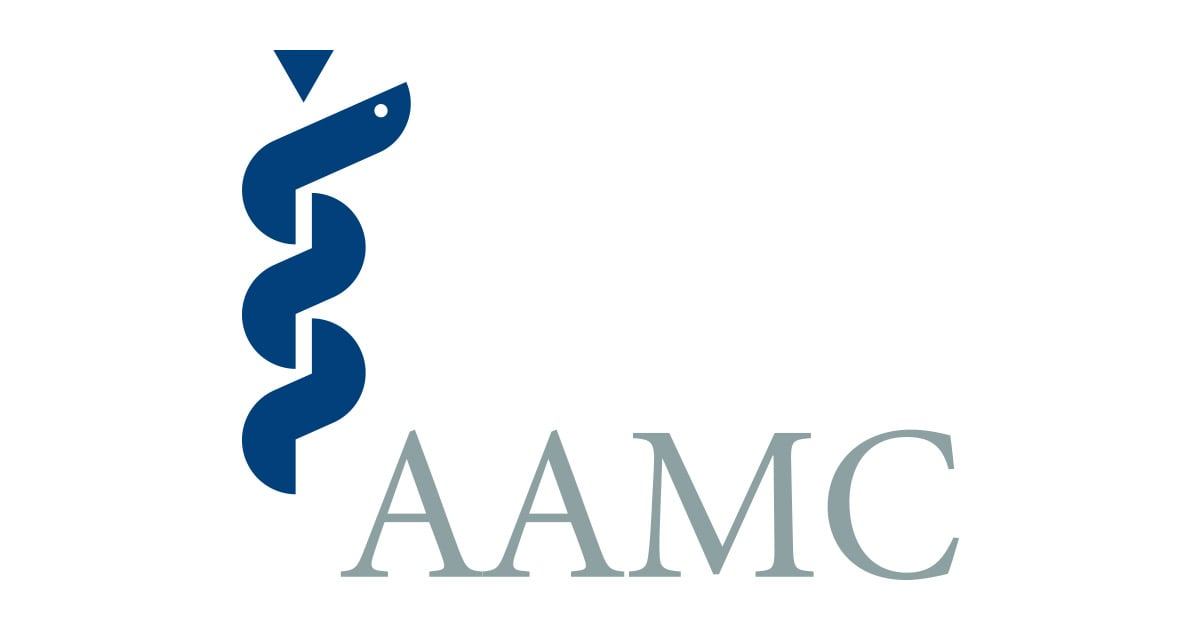- Joined
- Aug 9, 2016
- Messages
- 1,863
- Reaction score
- 2,934
- Points
- 5,466
- Resident [Any Field]
Sooooo does this seal all interviews being virtual?[emoji22]

 www.aamc.org
www.aamc.org
Sent from my iPhone using SDN

Conducting Interviews During the Coronavirus Pandemic
The AAMC offers recommendations for medical schools and teaching hospitals during the coronavirus pandemic.
Sent from my iPhone using SDN
